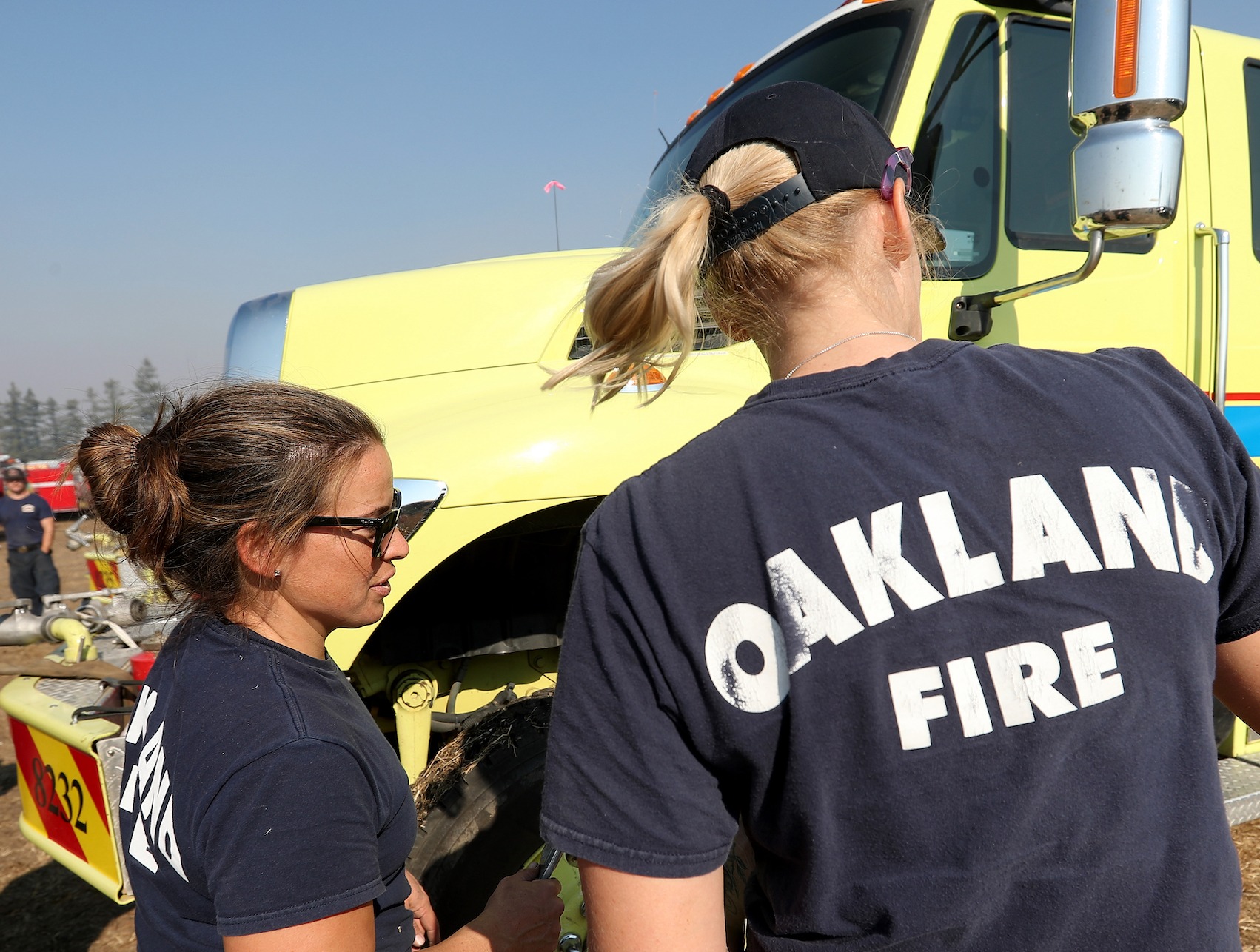Oakland’s Plan to Shift Calls Away from Police Should Go Even Further
Oakland plans to shift mental health crisis response from police to a new civilian unit within its fire department. This new pilot—MACRO—should be expanded to further minimize the role of armed police officers in responding to people who need medical attention or are struggling with homelessness.

The Point
Oakland plans to shift mental health crisis response from police to a new civilian unit within its fire department. This new pilot—MACRO—should be expanded to further minimize the role of armed police officers in responding to people who need medical attention or are struggling with homelessness.
Oakland has the opportunity to build a model crisis response system:
- Oakland can divert many 911 calls away from police and to a more appropriate responder with its new Mobile Assistance Community Responders of Oakland pilot. The March 16th city council meeting primarily focused on mental health crises, but officials invited ideas for other areas of response.
- Oakland City Administrator Ed Reiskin should recommend that the MACRO program expand its coverage to categories of calls to encompass substance use and needs relating to homelessness at the next meeting on April 20.
- As part of Administrator Reiskin’s monthly progress reports, he should provide a breakdown of the previous month’s 911 calls and assess which ones could have been handled by someone other than police.
Police are ill-equipped and ill-suited to address many of the reasons why people call 911:
- Dispatching armed law enforcement to deal with mental and behavioral health emergencies can have devastating consequences. According to the Treatment Advocacy Center, people with untreated mental illness are 16 times more likely than other civilians to be killed by police.
- Police interactions often lead to citations, arrests, fines, and incarceration—not the care and treatment people actually need. Police are the wrong response to individuals experiencing houselessness and substance use issues.
- Deploying medics, crisis counselors, social workers, peer advocates, and trained civilians as community-based emergency first responders better serves the needs of individuals in crisis.
Dive Deeper
- Community-Based Emergency First Responders: Explained. At their core, these programs use community-based, trained teams to respond to issues like mental health crises, substance use, and homelessness in lieu of relying upon armed police officers.
- Developing a Community-Based Emergency First Responders Program. Crisis response teams should remove law enforcement from their strategies and instead build teams with medical and crisis workers who respond to emergency calls that indicate mental and behavioral health issues.
- Voters Support Federal Grants for Community Based Emergency and Non-Emergency Crisis Response. Sixty-six percent of likely voters, including 74% of Democrats and 62% of Republicans, support a federal program that would provide grants to fund community-based emergency and non-emergency response through local governments and community organizations, while leaving the option to call law enforcement.

